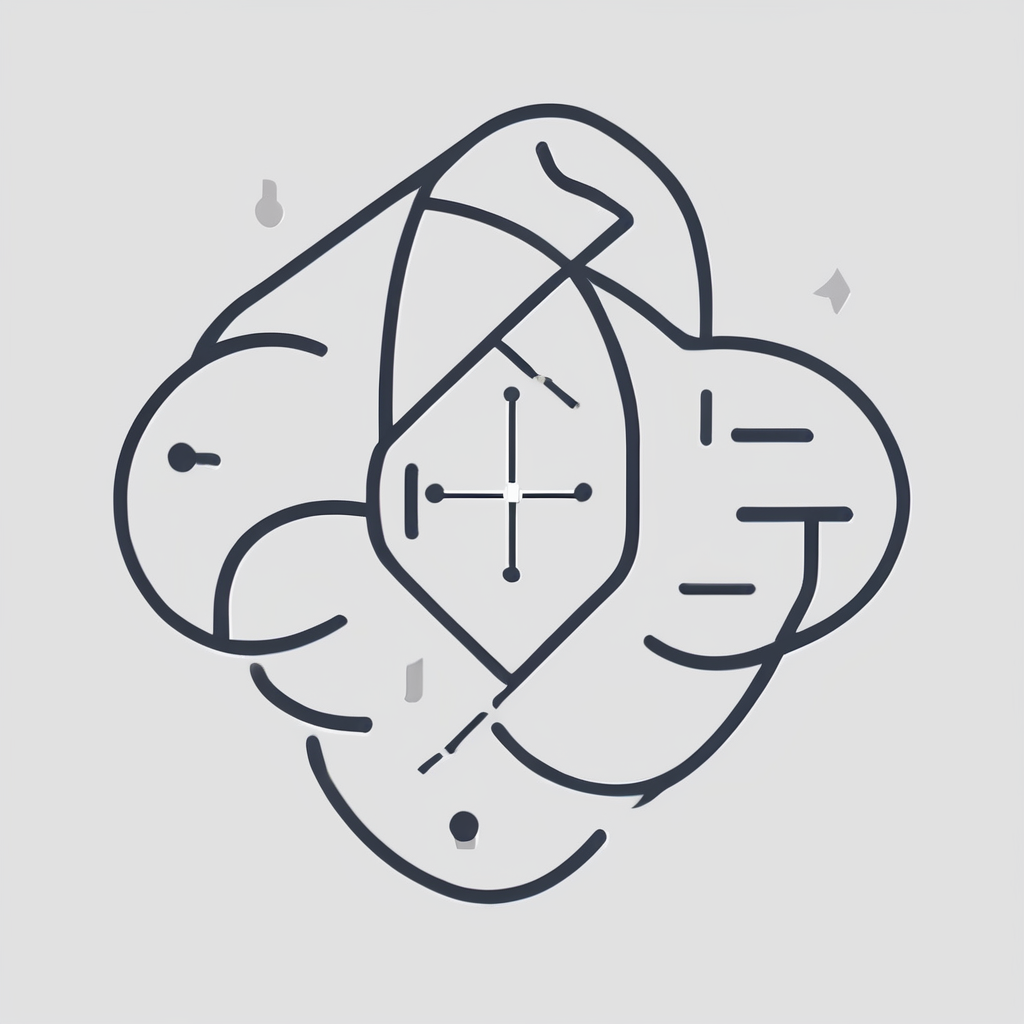Immediate Impacts of AI on Healthcare Professional Roles
AI in UK healthcare is swiftly transforming how doctors, nurses, and specialists perform their duties. Within NHS environments, AI adoption is reshaping the healthcare workforce transformation by automating routine tasks and augmenting decision-making processes. For example, clinicians now rely on AI to analyze patient data rapidly, shifting their focus from data gathering to interpreting insights and planning treatments.
Doctors experience changes in diagnostic workflows as AI tools provide preliminary assessments, enabling faster, more accurate decisions. Nurses benefit from automated patient monitoring systems that alert them promptly to critical changes, allowing more proactive care. Specialists see their roles evolve as AI handles standard cases, freeing them to address complex conditions requiring human expertise.
Also to read : What impact does technology have on UK education systems?
Daily NHS practices are also adapting; AI streamlines administrative tasks such as scheduling and record management, reducing time spent on paperwork. Meanwhile, collaboration between healthcare professionals and AI systems fosters a more efficient, data-driven environment. This workforce transformation emphasizes upskilling staff to work alongside intelligent technologies, ensuring they can maximise AI’s potential while maintaining compassionate patient care.
AI Applications Reshaping Patient Care and Clinical Processes
AI in UK healthcare impacts clinical workflows profoundly, especially through clinical AI tools that enhance diagnostics. AI diagnostics assist clinicians by rapidly analysing complex data sets, such as imaging and lab results, offering preliminary suggestions that improve decision-making accuracy and speed. This integration reduces diagnostic errors while allowing healthcare professionals to focus on nuanced judgement calls rather than routine data interpretation.
Also read : How Has UK Technological Innovation Influenced Global Markets?
Automation plays a crucial role in NHS environments by streamlining administrative and triage tasks. For instance, AI-driven chatbots and symptom checkers help prioritise patient needs before a human consultation, minimizing waiting times and optimising resource allocation. Healthcare automation thus frees staff to concentrate on critical care duties, improving overall efficiency and patient outcomes.
Furthermore, AI enhances personalised medicine by continuously monitoring patient metrics through wearable devices and electronic health records. These clinical AI tools UK enable tailored treatment adjustments and early detection of complications, fostering proactive rather than reactive care. Together, these advances illustrate how AI adoption NHS-wide transforms patient care pathways, making them faster, more precise, and customised to individual needs.








